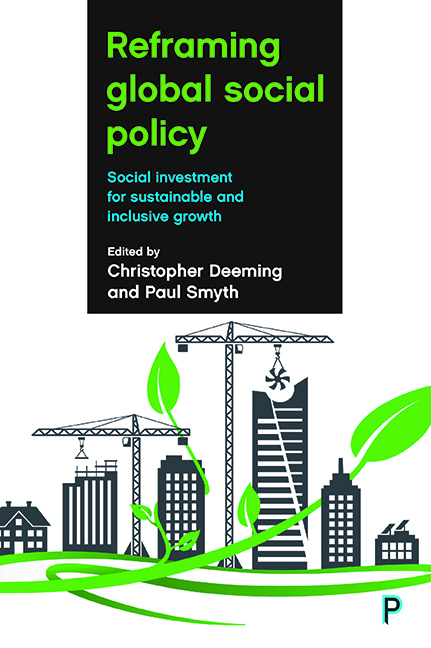Five - Measuring and monitoring inclusive growth in developing and advanced economies: multiple definitions, open questions and some constructive proposals
Published online by Cambridge University Press: 12 April 2022
Summary
Introduction
Inclusive growth has been coined as a new approach in the discourse on economic development to ensure that economic growth reaches broader social and economic objectives, beyond higher per capita incomes. At the same time, there exists no clear definition or indicators to monitor progress in inclusive growth at the country, project or programme level. This chapter reviews existing definitions of inclusive growth and proposes an approach to defining and measuring inclusive growth as non-discriminatory and disadvantage-reducing growth.
Despite high overall economic growth rates in many developing countries in the past two decades, increasing concern has been voiced by many policymakers and in international organisations that this growth has been too uneven and was often accompanied by rising income inequality. In addition, it appeared that disadvantaged groups, including members of ethnic minorities, people in remote rural locations and women, were not benefitting proportionately from this rapid economic growth. This question of growth leaving poor and disadvantaged people behind was of considerable relevance in political debates in India surrounding the national election in 2004. There the new government called for ‘inclusive growth’ as a strategy to overcome these inequalities and disadvantages and, in fact, India's 11th five-year plan (2007–12) was entitled ‘inclusive growth’ and included concrete strategies to promote wellbeing and participation of disadvantaged groups (Government of India, 2008).
This call for inclusive growth was taken up by the Eminent Persons Group charged by the Asian Development Bank (ADB) to advise on its future strategy. There it recommended a shift from a focus of poverty reduction to a shift on inclusive growth.
In many countries, rising incomes, while reducing overall poverty, have been associated with rising disparities. These disparities, left unchecked, could threaten the fragile political consensus for economic reforms, or even political stability. … The solution lies in the continuation of progrowth economic strategies—but with a much sharper focus on ensuring that the economic opportunities created by growth are available to all—particularly the poor—to the maximum extent possible. (ADB, 2007: 13–14)
Since then, inclusive growth has been discussed as a central development paradigm at the World Bank, OECD and UNDP, among other organisations. While this emphasis is thus broadly shared, there are many ways to view this concept.
- Type
- Chapter
- Information
- Reframing Global Social PolicySocial Investment for Sustainable and Inclusive Growth, pp. 123 - 144Publisher: Bristol University PressPrint publication year: 2017



